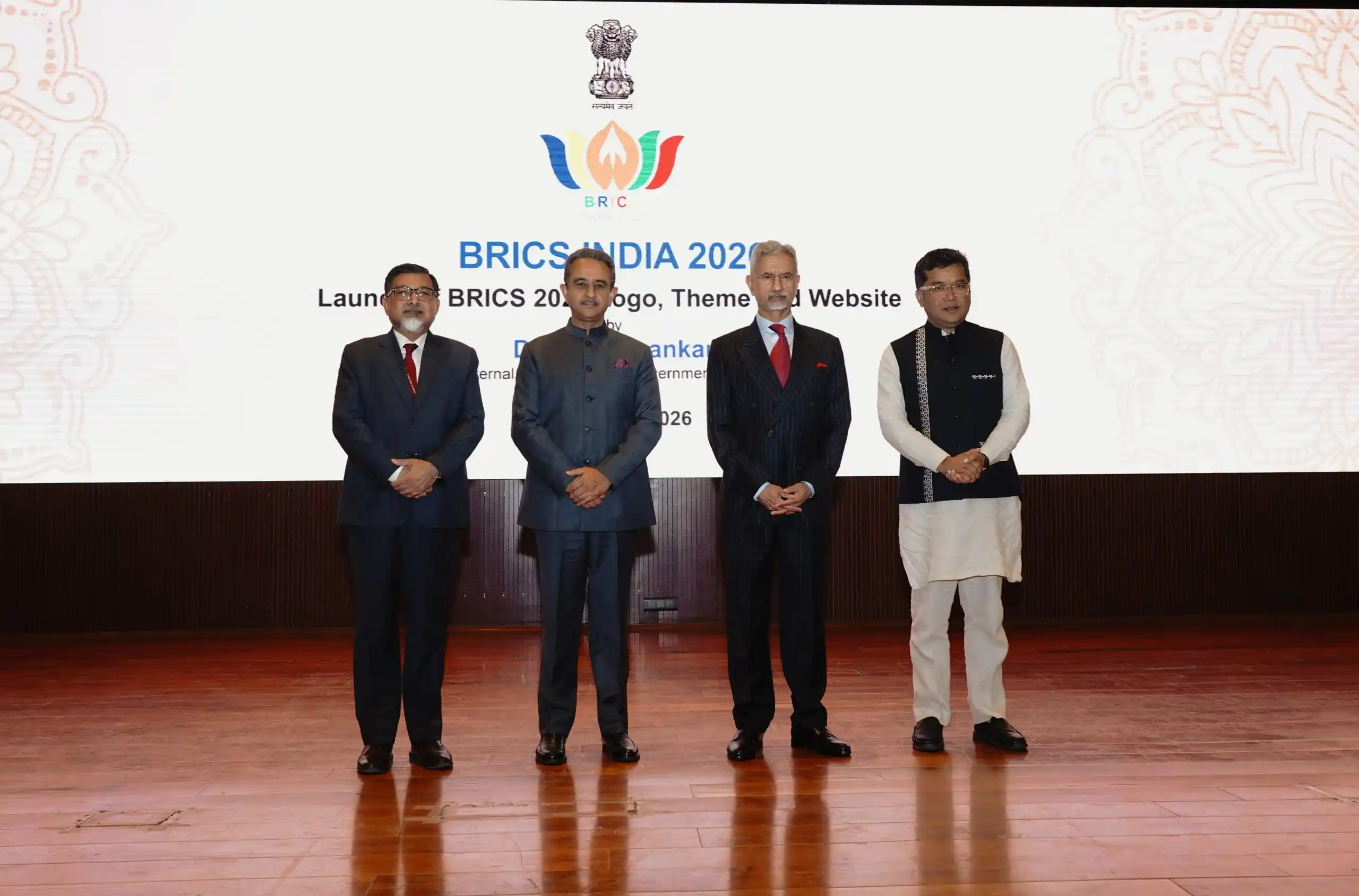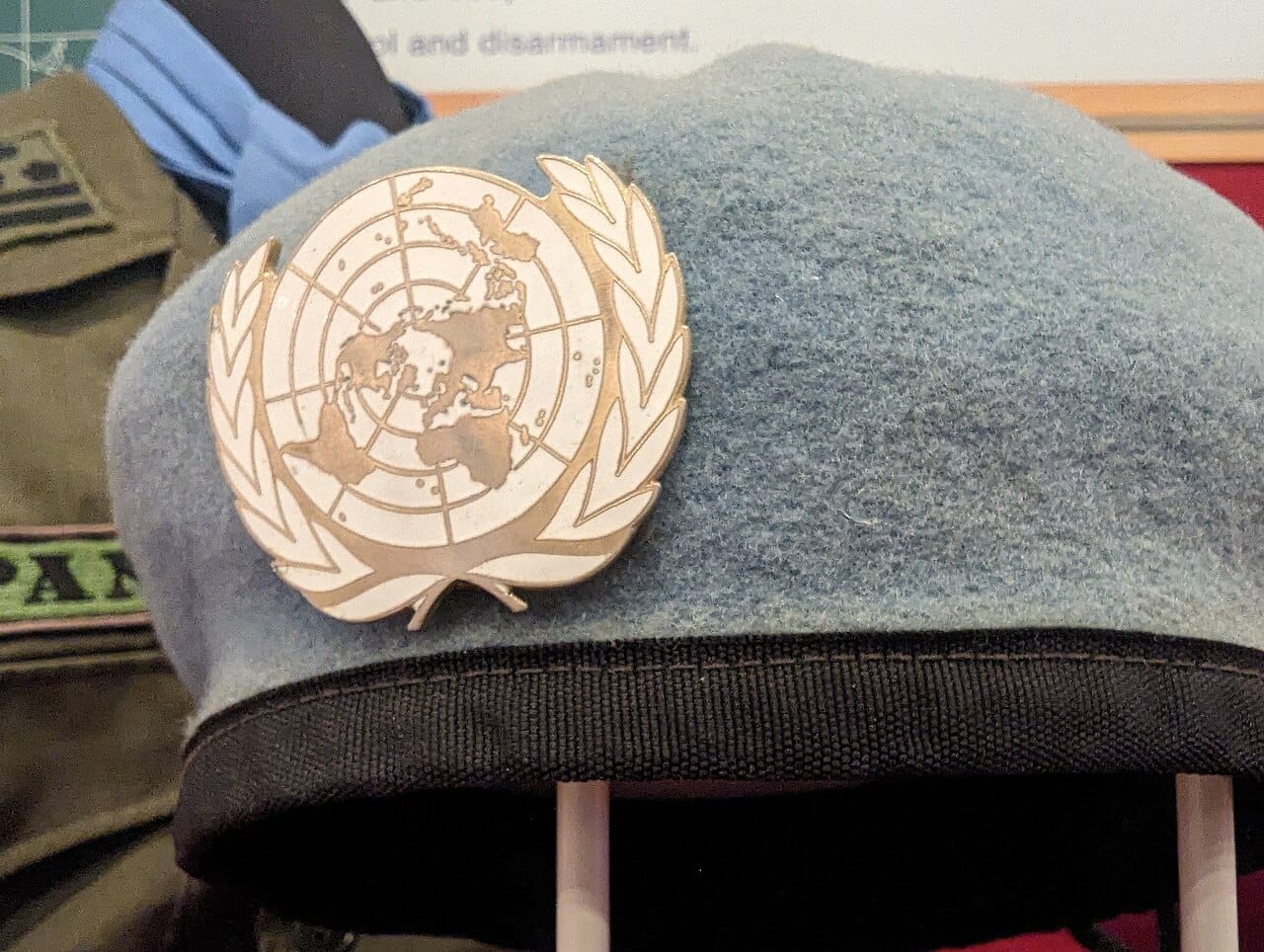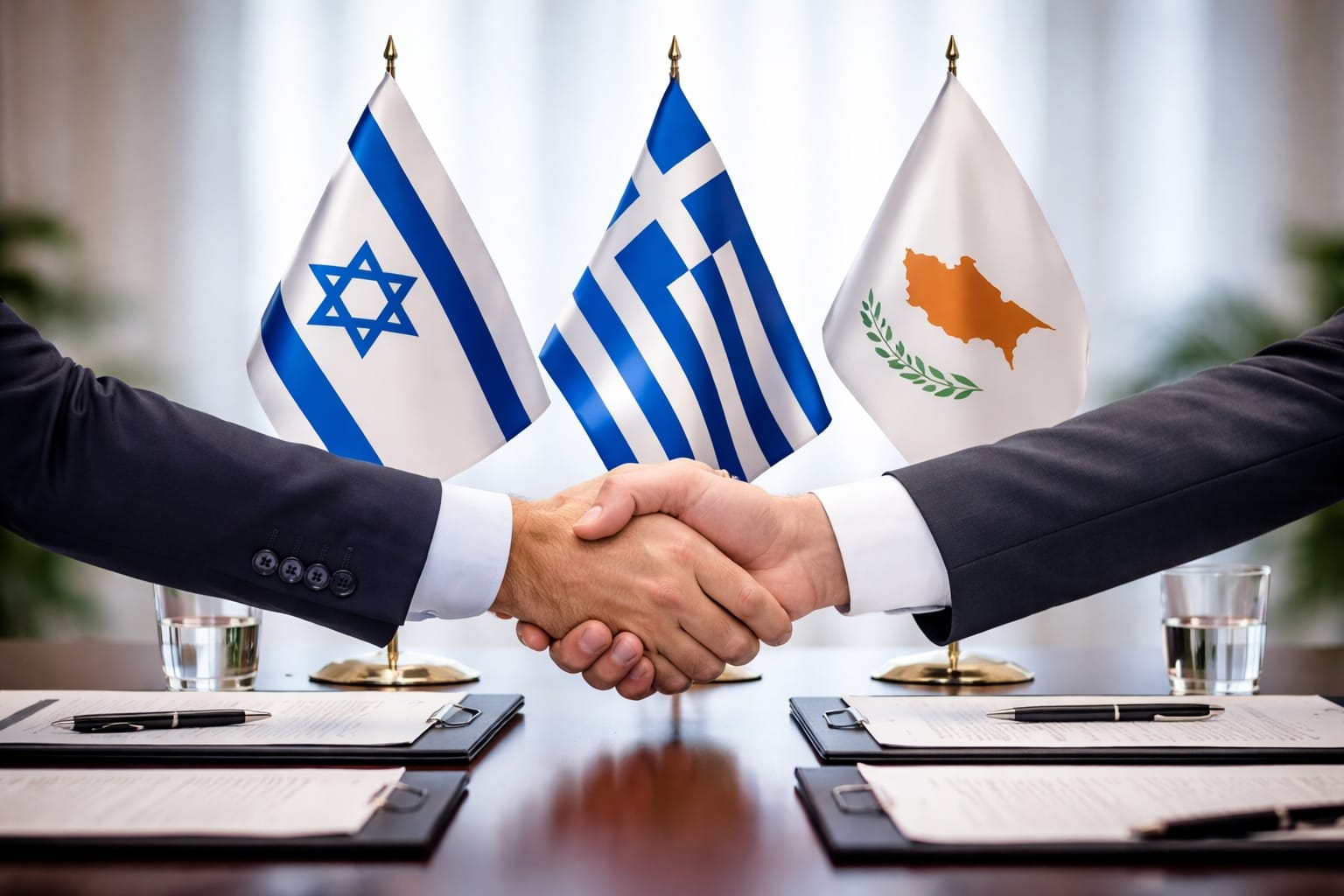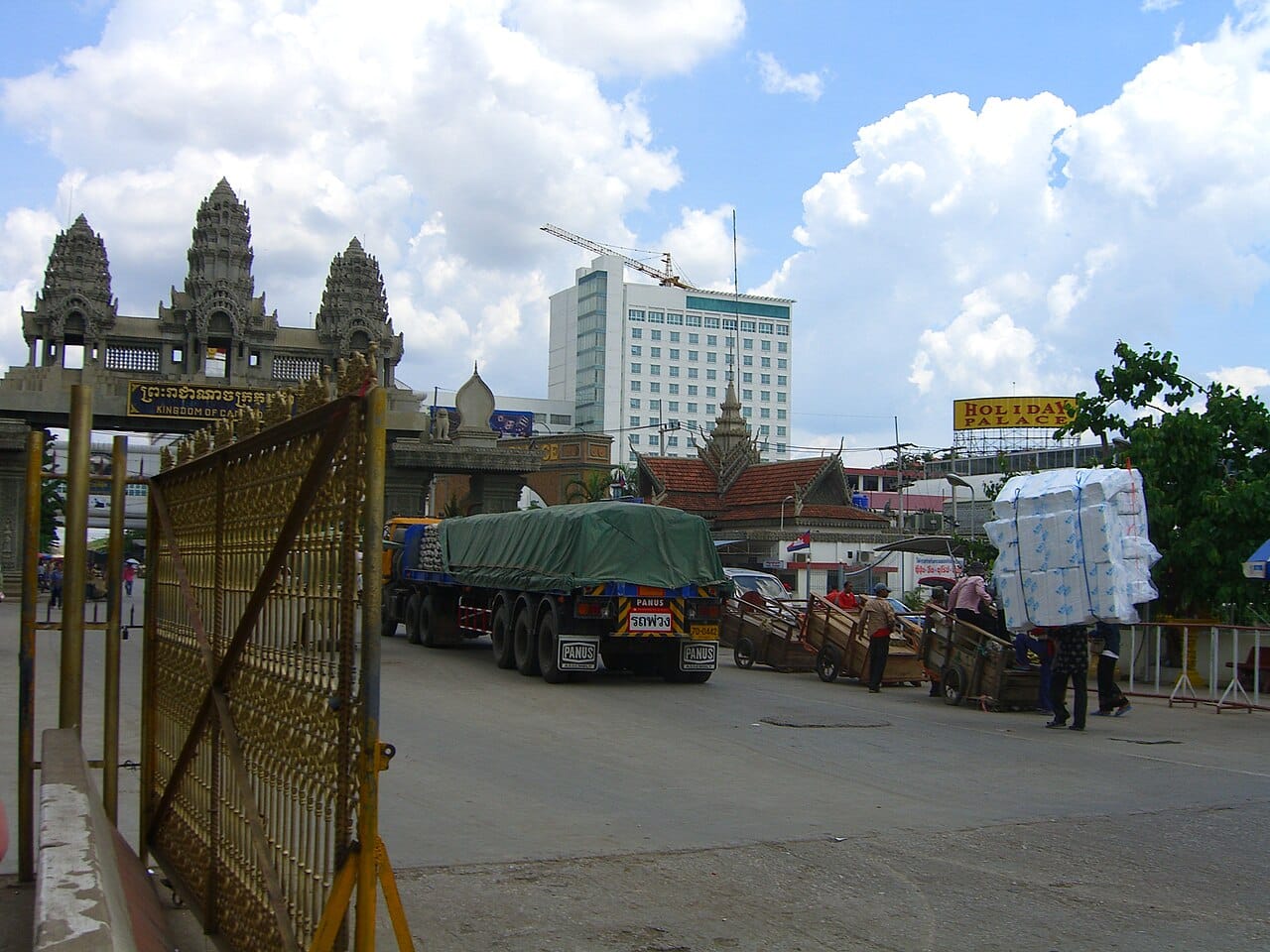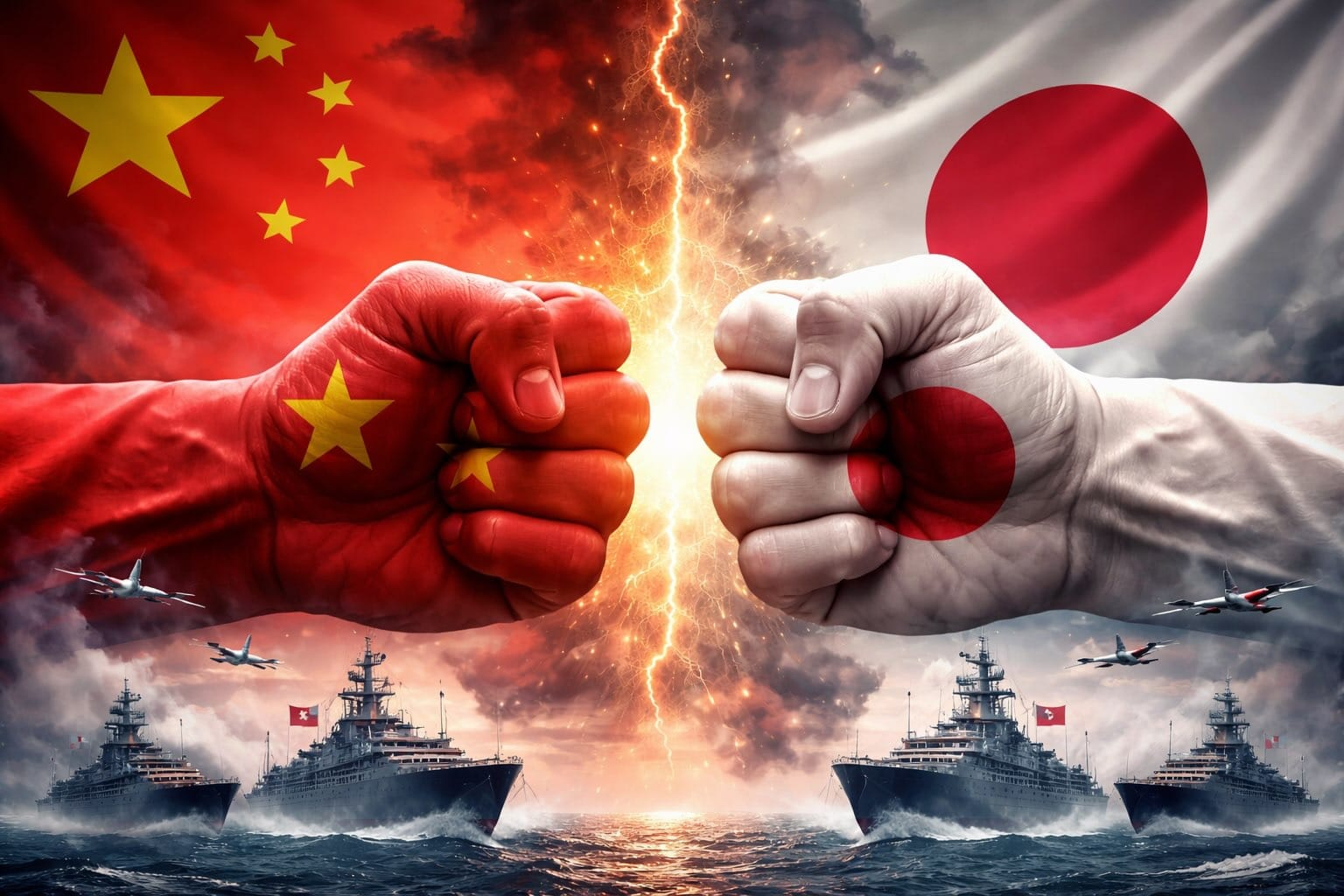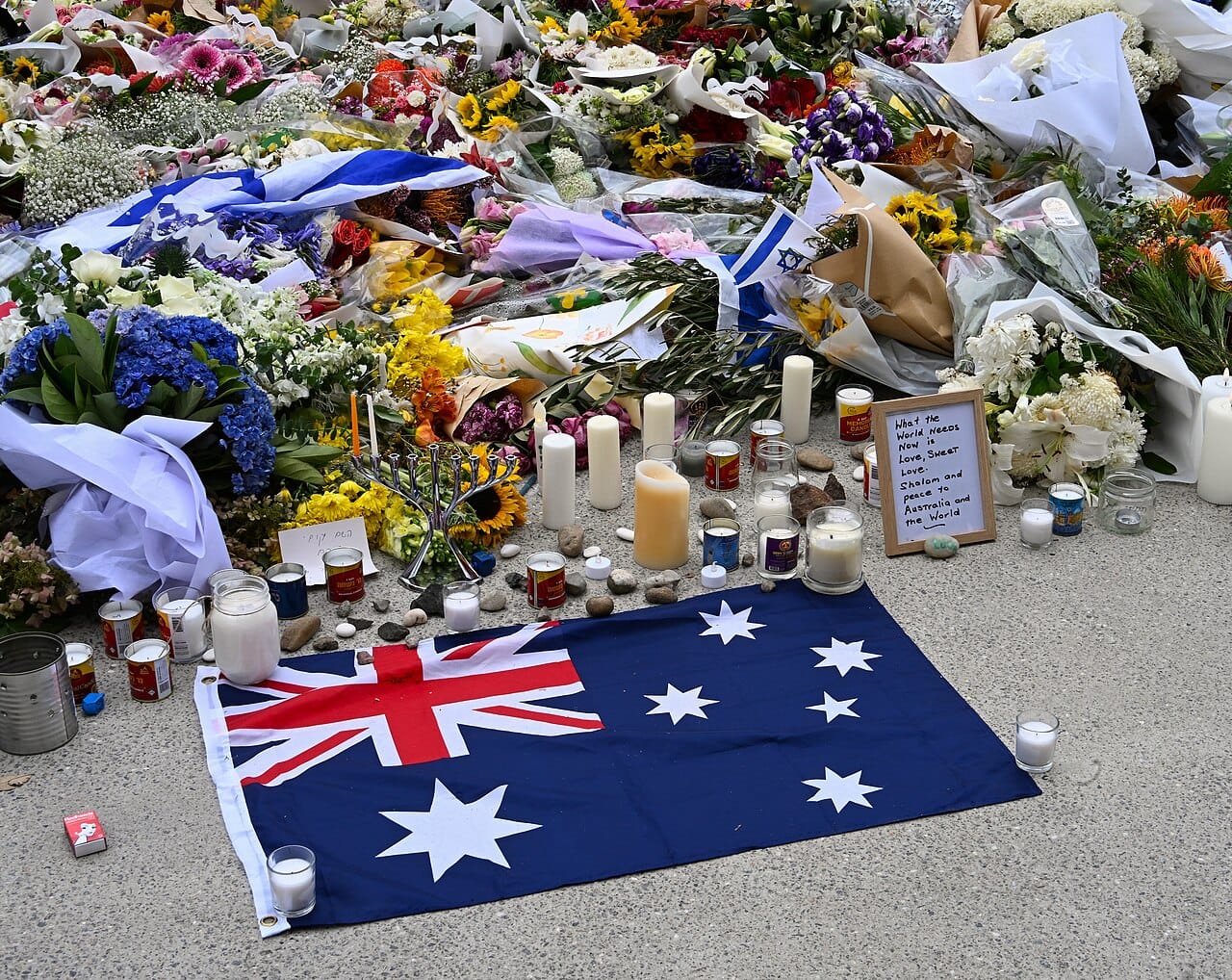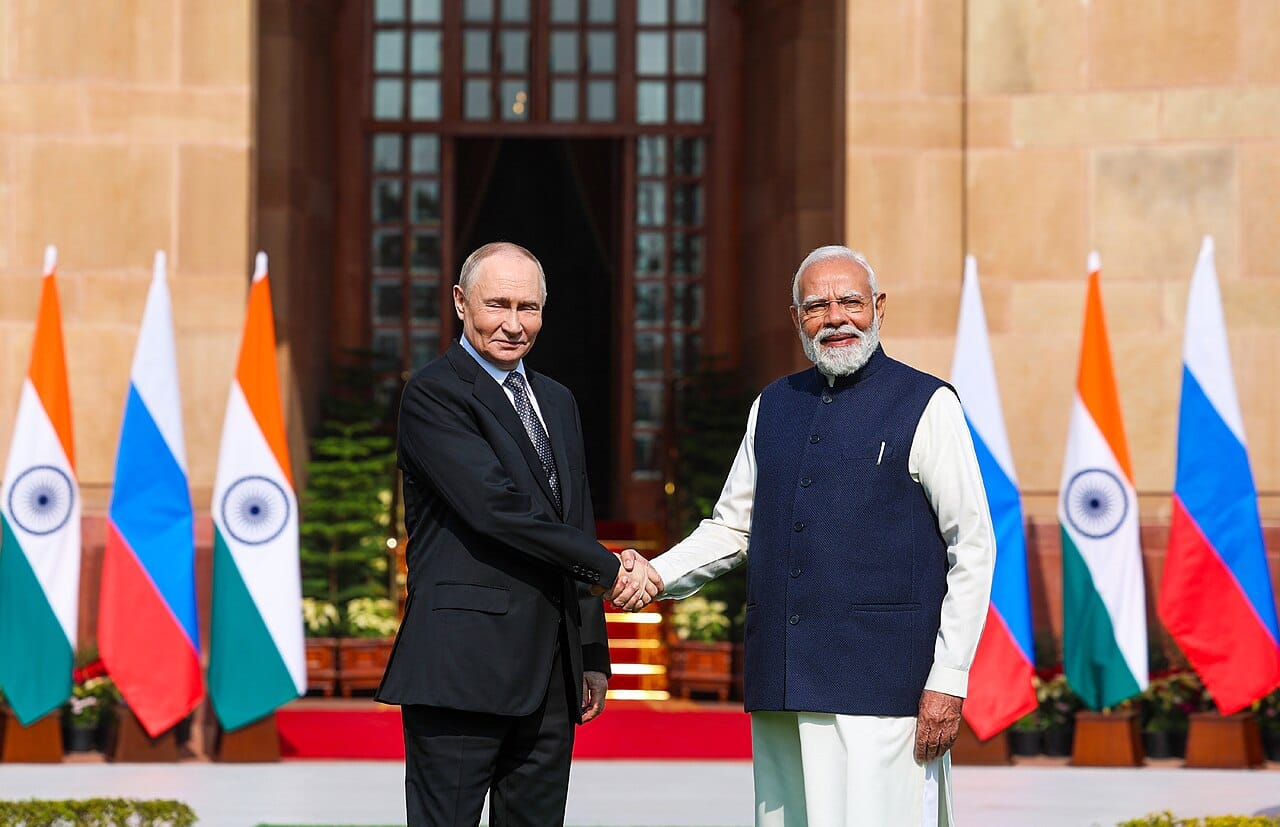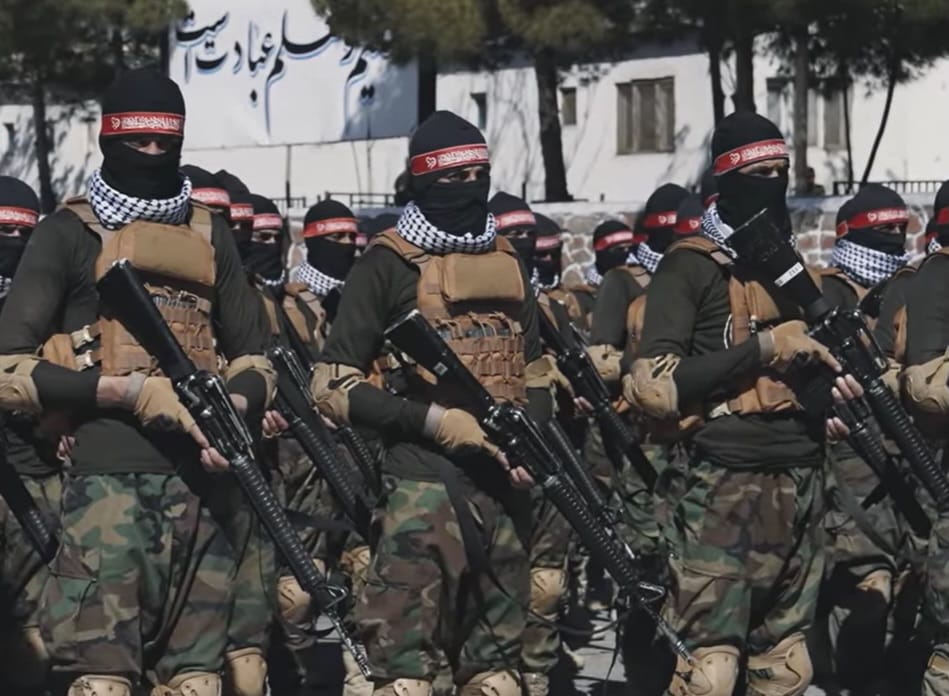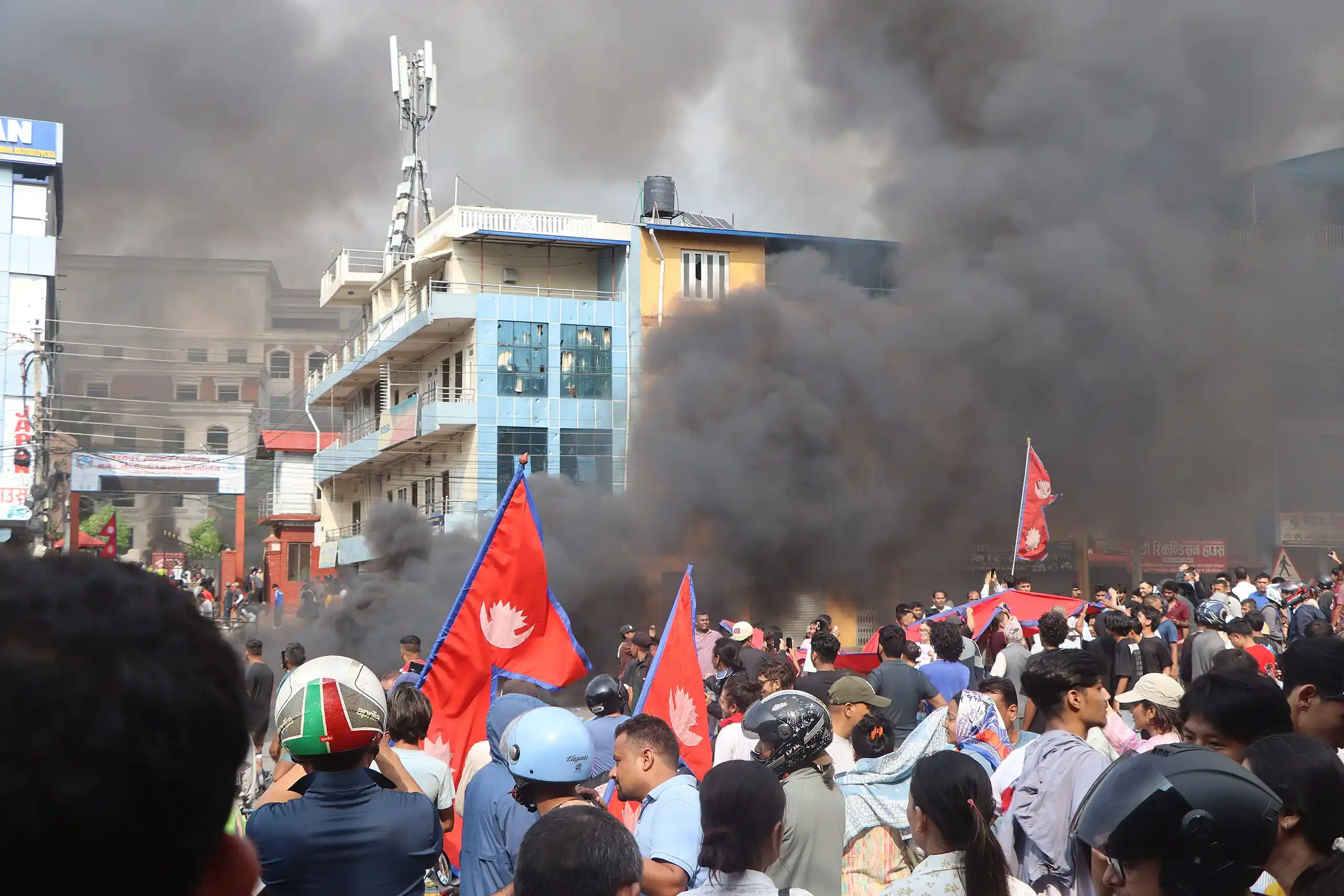In the grand mosaic of global affairs, where threads of power once tightly woven by a few dominant hands now fray under the strains of multipolarity, a new pattern is emerging. Great-power rivalries, prolonged conflicts, climate crises, and institutional inertia expose the limitations of the post-World War II order. Yet, amid this turbulence, the Global South is no longer a passive observer but an active artisan, reshaping the fabric toward greater equity and inclusion. The rise of multipolarity—marked by the expansion of platforms like BRICS, South-South cooperation, and calls for fairer representation in global governance—offers a profound opportunity
Category: Asia-Pacific
10 Conflicts to Watch in 2026
As we moved into 2026, the world is no longer merely “watching” conflicts – it is living with them. Civil war in Sudan has deepened into a regional humanitarian catastrophe, Ukraine remains locked in a war of attrition with global consequences, India-Pakistan tensions continue to cast a long shadow over South Asia and multiple theatres across Central Africa are sliding into protracted violence. This special newsletter revisits the evolving conflict landscape and examine what these wars reveal about power, governance and the fragility of the current global order and why their trajectories in 2026 matter far beyond their immediate borders.
BRICS 2026: Can India Reclaim Multilateralism?
India’s acceptance of the BRICS presidency in 2026 occurs during a period characterised by substantial transformation in global politics. The global economy persists in a state of instability as a consequence of resurgent protectionism, nationalist trade policies, and increasing geopolitical tensions. The tariffs, threats, and unilateral actions undertaken by President Donald Trump have contributed to heightened instability in global market systems. Concurrently, developing economies within the Global South, grappling with debt-related pressures, energy market volatility, and disparities resulting from the post-pandemic context, are advocating for a more equitable global order.
The Israel-Greece-Cyprus Military Pact and Regional Power Shifts
The Eastern Mediterranean has become the centre of a significant geopolitical shift. This change is marked by the recent formalisation of a military cooperation plan between Israel, Greece, and Cyprus. Signed on December 28, 2025, this agreement for 2026 establishes a framework for joint exercises, training, strategic discussions, and crisis response among the three countries, which share strategic interests and regional goals. This pact comes amid ongoing conflict in Gaza and rising tensions with Iran. It signals a clear effort to strengthen a strategic partnership that could affect security and energy dynamics in a volatile region.
Why are Thailand and Cambodia Fighting at the Border?
Thailand and Cambodia’s border clashes in December 2025 represent a serious increase in their long-standing territorial dispute. This flare-up was ignited by mutual accusations of ceasefire violations and led to airstrikes, ground assaults, and severe civilian suffering. The conflict has its roots in unclear colonial maps concerning the Preah Vihear temple. The fighting resumed after a fragile U.S.-brokered truce from July fell apart amid landmine incidents and ongoing skirmishes. As of December 19, the fighting continued without resolution, displacing thousands and drawing international condemnation.
Can Asia’s Greatest Rivalry Step Back from War?
In the icy waters southeast of Okinawa, a Japanese F-15 pilot’s cockpit alarm issues a serious warning. A Chinese J-15 fighter jet has locked its fire-control radar onto the aircraft, a modern equivalent of pointing a loaded gun. In Tokyo, officials urgently summon the Chinese ambassador. In Beijing, state media threatens “severe consequences.” This incident on December 7, 2025, was not an isolated near-miss. It marked the latest and most concerning trigger in a diplomatic crisis that has pushed Asia’s two biggest powers to the brink of conflict, a situation both deny wanting but seem unable to escape.
Bondi Beach Massacre: A National Trauma and a Global Warning
A place known for sun, surf, and carefree Australian summers was forever marked this week. On the evening of December 14, 2025, families gathered at Sydney’s Bondi Beach to celebrate the first night of Hanukkah. Suddenly, gunfire shattered the peaceful evening. In a brutal attack, two gunmen opened fire on a crowd of nearly a thousand people, turning a celebration into one of Australia’s darkest moments. Authorities have declared this a terrorist incident inspired by the Islamic State. The attack killed sixteen people, including a ten-year-old girl and an 87-year-old Holocaust survivor, and injured over forty more. Beyond the shocking numbers lies a deep national trauma that raises urgent questions about domestic security, rising hatred, and Australia’s role in an unstable world.
India-Russia Partnership Stands Firm Amidst Global Pressure: Key Takeaways from the Summit
The recent two-day visit of Russian President Vladimir Putin to India, culminating in a joint media briefing with Prime Minister Narendra Modi in Delhi, underscored the enduring strength of the India-Russia strategic partnership. This high-profile summit, held against the volatile backdrop of the Ukraine conflict and mounting Western pressure on Delhi, served as a powerful testament to the multifaceted cooperation between the two nations, particularly in energy, trade and defence.
Has a New Afghan War Begun?
The fragile peace along the Pakistan-Afghanistan frontier has once again collapsed. Destructive cross-frontier shelling in the last week has killed several dozen persons, shelled civilians’ enclaves, and closed border crossing points. What once appeared to most a smouldering controversy regarding militant safe havens has ballooned into military strikes that risk destabilising a troubled region. The controversy is over long-disputed territory: the Durand Line. Pakistan has blamed Afghanistan again under Taliban rule for hosting Tehreek-e-Taliban Pakistan (TTP) militants that stage attacks inside Pakistan.
Nepal’s Political Unrest: GenZ Protests and Political Awakening
Nepal, under the shadow of the Himalayas, has witnessed its greatest political upheaval since it became a federal democratic republic in 2008. The September 2025 protests, which were organised by Generation Z activists in large majority, compelled Prime Minister K.P. Sharma Oli to step down from office and initiated a complicated process of government reconstruction. This sudden twist of events is something more than the traditional political crisis: it marks a deep generational change in Nepalese society and politics.
